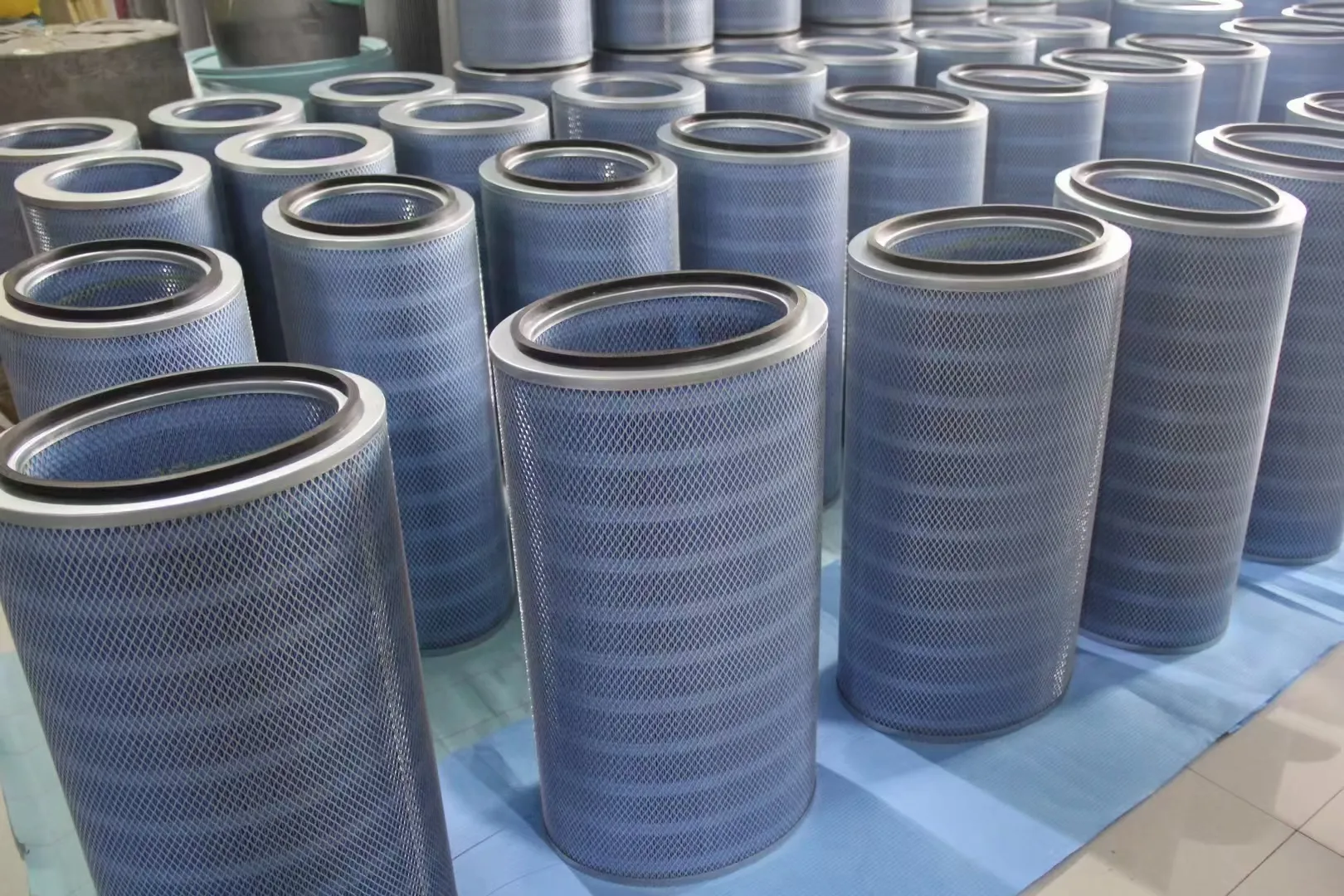 Tel:
+8615930870079
Tel:
+8615930870079
Nov . 11, 2024 14:20 Back to list
antistatic filter element
The Importance of Antistatic Filter Elements in Industrial Applications
In today's fast-paced industrial environment, the need for efficient filtration systems has never been greater. Among the various types of filter elements available, antistatic filter elements play a crucial role in ensuring the safety and efficiency of operations, especially in industries where static electricity poses a significant risk. This article explores the significance of antistatic filter elements, their applications, and the benefits they provide.
Understanding Antistatic Filter Elements
Antistatic filter elements are specially designed components that prevent the build-up of static electricity during the filtration process. Static electricity can be generated in various ways, including friction between materials, rapid air movement, or even during the filtering of dry materials. When static charges accumulate, it can lead to dangerous situations such as dust explosions or equipment damage. Antistatic filter elements mitigate these risks by dissipating static charges, thus enhancing safety during industrial operations.
Applications in Various Industries
The applications of antistatic filter elements span several industries, including pharmaceuticals, food processing, chemicals, textiles, and electronics. In the pharmaceutical and food industries, maintaining a sterile environment is critical. Antistatic filters help prevent contamination by minimizing static-related disturbances. In the chemical industry, where flammable substances are often handled, reducing static electricity is vital to avert potential explosions.
Furthermore, in the electronics industry, antistatic measures are imperative for protecting sensitive components from electrostatic discharge (ESD). Antistatic filter elements ensure that dust and other airborne particles are effectively captured without compromising the static safety of the working environment.
Benefits of Antistatic Filter Elements
antistatic filter element

1. Enhanced Safety The primary benefit of antistatic filter elements is safety. By dissipating static charges, they prevent the ignition of dust and flammable materials in the air, significantly reducing the risk of fires and explosions.
2. Improved Equipment Longevity Equipment operating in environments with static electricity may experience accelerated wear and tear. Antistatic filter elements can help extend the life of machinery by reducing the risk of static-induced damage.
3. Regulatory Compliance Many industries are subject to strict safety regulations regarding static electricity. Implementing antistatic filter elements can aid compliance with these regulations, thereby avoiding potential fines and legal issues.
4. Operational Efficiency By ensuring a safer work environment, businesses can maintain productivity levels without interruptions caused by static-related incidents. This efficiency contributes to overall operating costs in the long run.
5. Versatility Antistatic filter elements can be integrated into various types of filtration systems, making them a versatile choice for many applications. Whether in centralized vacuum systems or localized dust collection units, their adaptability enhances their functional reach.
Conclusion
Antistatic filter elements are invaluable components in modern industrial filtration systems. Their ability to dissipate static electricity not only enhances safety but also protects equipment and ensures regulatory compliance. As industries continue to prioritize safety and efficiency, the adoption of antistatic filter elements will likely increase, cementing their role as a key element in maintaining safe and effective operational environments. Investing in antistatic technology is not just a precaution but a necessary step towards fostering a safer workplace and promoting long-term operational success.
-
Nano Fiber Technology: Revolutionizing Cartridge Dust Collector FiltersNewsAug.06,2025
-
How Activated Carbon Air Cartridges Eliminate OdorsNewsAug.06,2025
-
Dust Filter Cartridge Handling Fine Particulate MatterNewsAug.06,2025
-
Cartridge Dust Collector Filter for Welding Fume ExtractionNewsAug.06,2025
-
Activated Carbon Filter Cartridge Effectiveness Against VOCsNewsAug.06,2025
-
Activated Carbon Air Filter Cartridge Benefits ExplainedNewsAug.06,2025

 Email:
Email:





